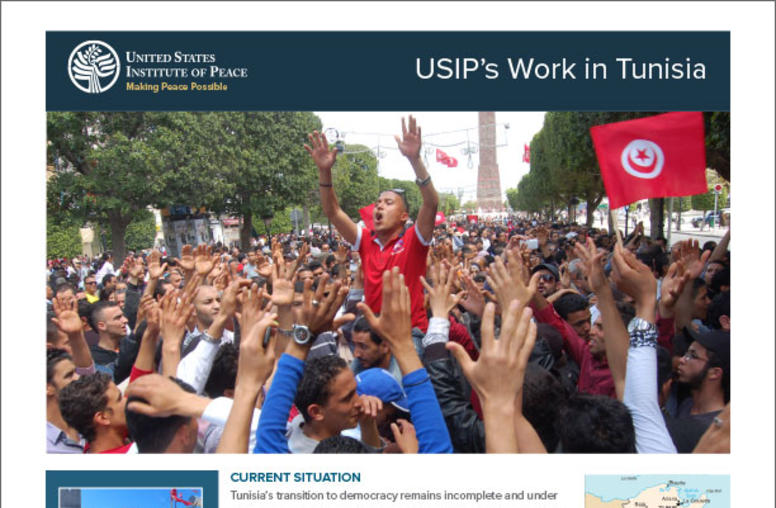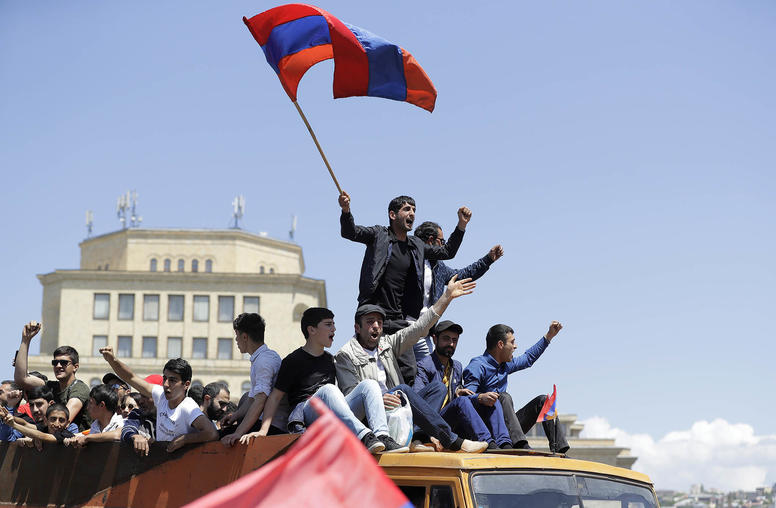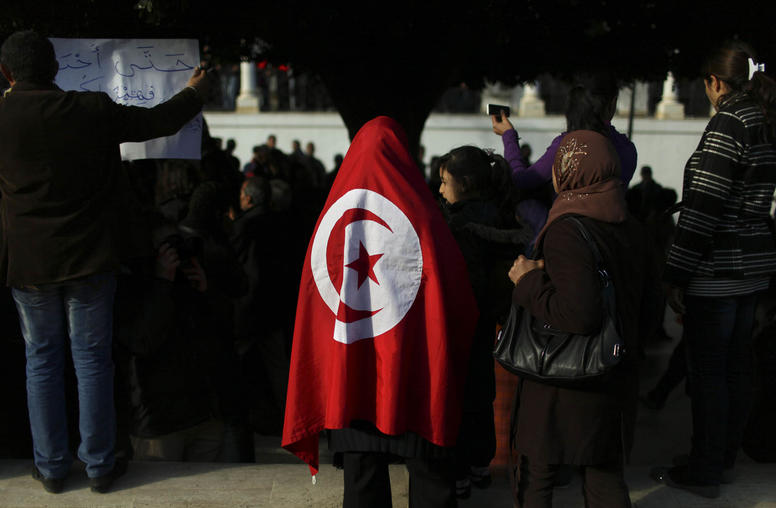The Bread Revolutions of 2011 and the Political Economies of Transition
During the 2011 uprisings, Arab protestors channeled decades of discontent with failed economic policy. However, the demise of leaders will not be enough to answer this discontent nor ensure productive development. Scholarship on the political determinates of economic development finds that the common recipe of expanding the private sector and increasing trade openness may be valuable, but alone are not sufficient for successful development.

This meeting is co-sponsored by the Middle East Program at the Woodrow Wilson Center and the United States Institute of Peace.
The Arab World’s economic path to 2011 included implementation in these areas, yet reform in underlying socio-economic structures and interests lagged. Addressing these conditions constitutes one of the most serious challenges facing Arab economies and politics.
Kindly join us at the Woodrow Wilson Center for what will be an interesting and engaging discussion on Tuesday, April 30, 2013 from 10:00am to 11:30am.
Speakers
-
Peter Moore, Keynote Speaker
Associate Professor of Political Science, Case Western Reserve University -
Holger Albrecht, Discussant
Jennings Randolph Senior Research Fellow, U.S. Institute of Peace -
Haleh Esfandiari, Moderator
Director, Middle East Program, Woodrow Wilson Center
This event will be the fourth in a series of five papers and presentations on “Reshaping the Strategic Culture of the Middle East“
Inquiries



